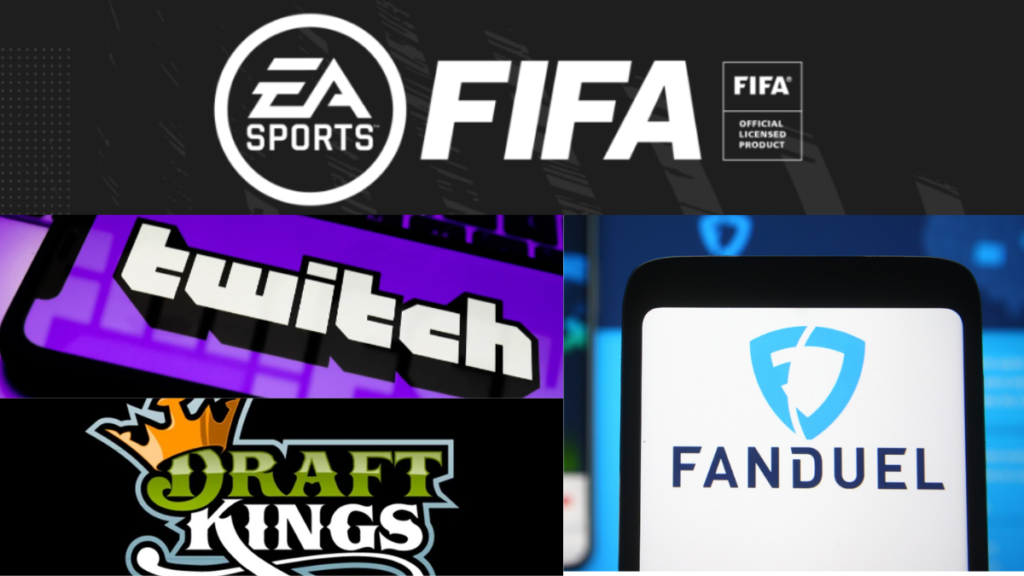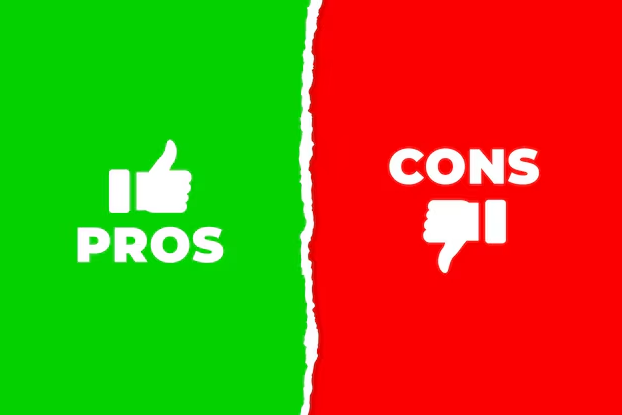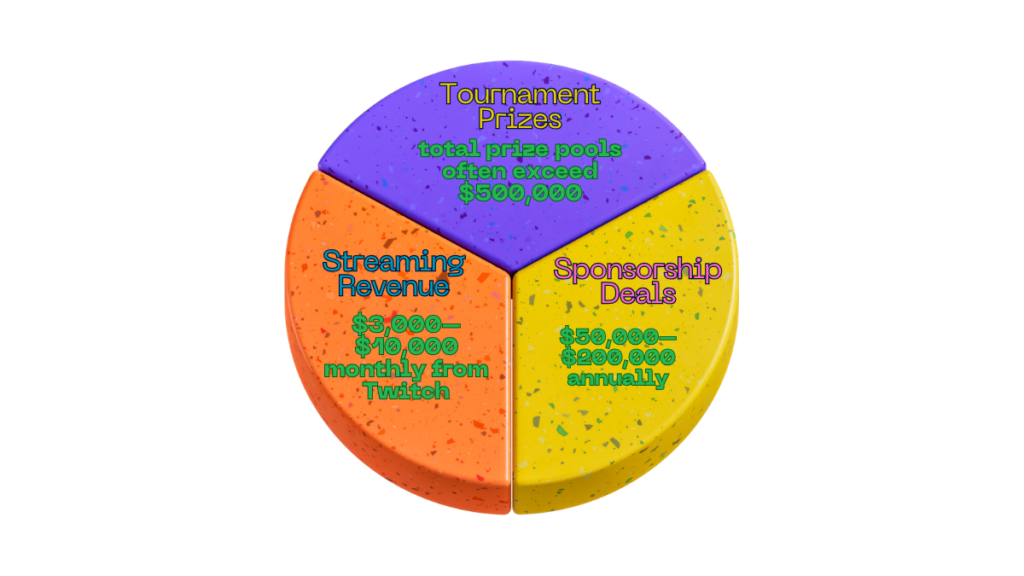Introduction to The Financial Side of FIFA eSports
FIFA eSports, the virtual expression of the beautiful game, has mesmerized millions around the globe. FIFA’s financial environment is doing well, from major tournament experiences to fantasy soccer leagues. Let‘s head into the financial realms, where revenues, comparisons, and insights help show how players and fans are converting virtual soccer into real money.
The Financial Landscape

FIFA eSports has become a money-generating business. This year, recent reports estimate that the global eSports market will reach $1.8 billion by 2024. FIFA‘s contribution has been significant. Some of the major tournaments include the FIFA eWorld Cup, with generous prize pools where winners walk away with over $250,000 and more.
Major league platforms like EA Sports and Twitch generate revenue through game sales, broadcast rights, and in-game purchases such as FUT Packs. EA reportedly earns over $1.6 billion annually solely from FUT sales.
Fantasy Soccer vs. FIFA eSports: Key Differences
Both fantasy soccer and FIFA eSports revolve around soccer enthusiasts, but their approaches differ.
| Feature | Fantasy Soccer | FIFA eSports |
|---|---|---|
| Platform | Websites like DraftKings, FanDuel | FIFA video game on consoles |
| Earning Potential | Based on skill and league outcomes | Tournament winnings, sponsorships |
| Investment | Entry fees for contests | Time for training, equipment cost |
| Skillset Needed | Soccer knowledge, analytics | Gaming expertise, reflexes |
How Much Can You Make?

Fantasy Soccer:
The returns for players on FanDuel and DraftKings can range between $100 and $1,000 daily, depending on entry fees and contest size. In high-stake contests, top players might reap major payouts over five figures.
FIFA eSports:
Professional FIFA players earn from sponsorships, streaming income, and prizes received at tournaments. Top players, like Tekkz and MoAuba, are rumored to recieve $300,000-$500,000 a year by receive endorsement.
Websites to Explore for FIFA Earnings
- EA Sports Official Website – Updates on tournaments and prize pools.
- Twitch – A platform to watch FIFA gamers and understand the streaming revenue model.
- DraftKings – Leading fantasy soccer contests.
- FanDuel – Another popular fantasy soccer platform with high-stakes contests.

Pros and Cons:

Fantasy Soccer
Pros:
- Accessible to all players.
- Less investment compared to eSports.
- Uses actual soccer expertise.
Cons:
- Restricted to statistical outputs of live matches.
- Seasonal hub, fewer chances within off-seasons.
FIFA eSports
Pros:
- Year-round tournaments and events.
- Excellent potential to earn for good players
- Chances for sponsorship and revenue through streaming.
Cons:
- Heavy-duty time and monetary commitment.
- With a very high-intensity competition base, entry is hard for novice players.
The Numbers Game Revenues

- Tournament Prize: The winner of the FIFA eWorld Cup gets $250,000, and total prize pools often rise above $500,000.
- Streaming Revenue: Top FIFA streamers make $3,000–$10,000 a month on Twitch.
- Sponsorship Deals: The top players are guaranteed deals worth $50,000–$200,000 annually.
Fantasy football, on the other hand, encourages regular participation, with top players earning $100,000 or more a year on popular sites.
Conclusion:
It is on the financial side where eSports truly is flourishing. This provides an infinite opportunity for players, streamers, and fans to raise money through these activities. Whether it’s meaningful gameplay in fantasy soccer or the digital thrills of eSports tournaments, both have carved out their individual niches in the financial ecosystem of soccer.
However, with such increased competition and investments in eSports, fantasy soccer remains accessible and equally rewarding to many people. The two formats can be expected to be even more lucrative opportunities in the future as the industry advances.
FAQs
How is fantasy soccer different from FIFA eSports?
A: Fantasy soccer is based on selecting real-life soccer players to create virtual teams and earning points based on their real-world performance. FIFA eSports, however, is a video game competition requiring gaming skills rather than relying on real-world outcomes.
What skills are required for eSports?
A: Success in FIFA eSports requires gaming expertise, fast reflexes, strategic thinking, and significant practice to compete at the professional level.
Can eSports be a full-time career?
A: Yes, professional players, streamers, and content creators can earn enough to make FIFA eSports a full-time career, but it requires significant effort and a competitive edge.

Owner of Paisewaise
I’m a friendly finance expert who helps people manage money wisely. I explain budgeting, earning, and investing in a clear, easy-to-understand way.


Pingback: Top 10 Richest Gamers in the World - Paisewaise